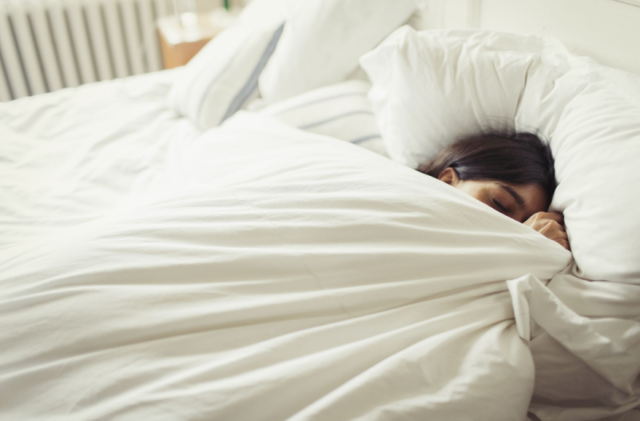Being A "Night Owl" Increases Your Risk Of Depression And Mental Problem
Nagini Shree |Feb 17, 2019
'Night owls' slightly more likely to die sooner than 'early birds'
People who are naturally early risers are less likely to develop mental health problems than “night owls”, according to scientists. The researchers said this doesn't mean late nights cause early death, but that a number of factors linked to being a night owl could affect people's health. The study found evening people not only feel tired when waking in the morning but also were almost twice as likely to have psychological disorders as morning people, according to a new study in Nature Communications.

The study, which was led by researchers and academics at the University of Exeter and Massachusetts General Hospital, sheds light on the body clock, and the links to mental health and disease. This large-scale research with from 250,000 participants signed at company 23andMe, and more than 450,000 people in the UK Biobank study.
All participants were asked if they were a “morning person” or an “evening person”, and their genomes were analysed to look at which genes they had in common which may influence their sleep patterns.
Lead author Dr Samuel E Jones said, "Part of the reason why some people are up with the lark while others are night owls is because of differences in both the way our brains react to external light signals and the normal functioning of our internal clocks.
“A large number of people in our study means we have provided the strongest evidence to date that ‘night owls’ are at higher risk of mental health problems, such as schizophrenia and lower mental wellbeing, although further studies are needed to fully understand this link.”
The result pointed out a link between those who like the lifestyle the night owls and the possibility of being prone to anxiety, schizophrenia and depression. Meanwhile, early birds people were also at lower risk of depression and reported being happier on wellbeing questionnaires. The hypothesis suggested that sleeping late pattern is more likely to have to work against their natural body clock, which may have negative consequences.
When asked about adjusting sleep schedule, Samuel Jones said, “Experiment with your productivity and your performance rate and adjusting your time schedule to that. Find a rhythm, a schedule, a lifestyle that really suits you, and that makes you feel in harmony with yourself. Make sure your sleep schedule is as non-negotiable as possible.”
- Tag






Comments
Sort by Newest | Popular